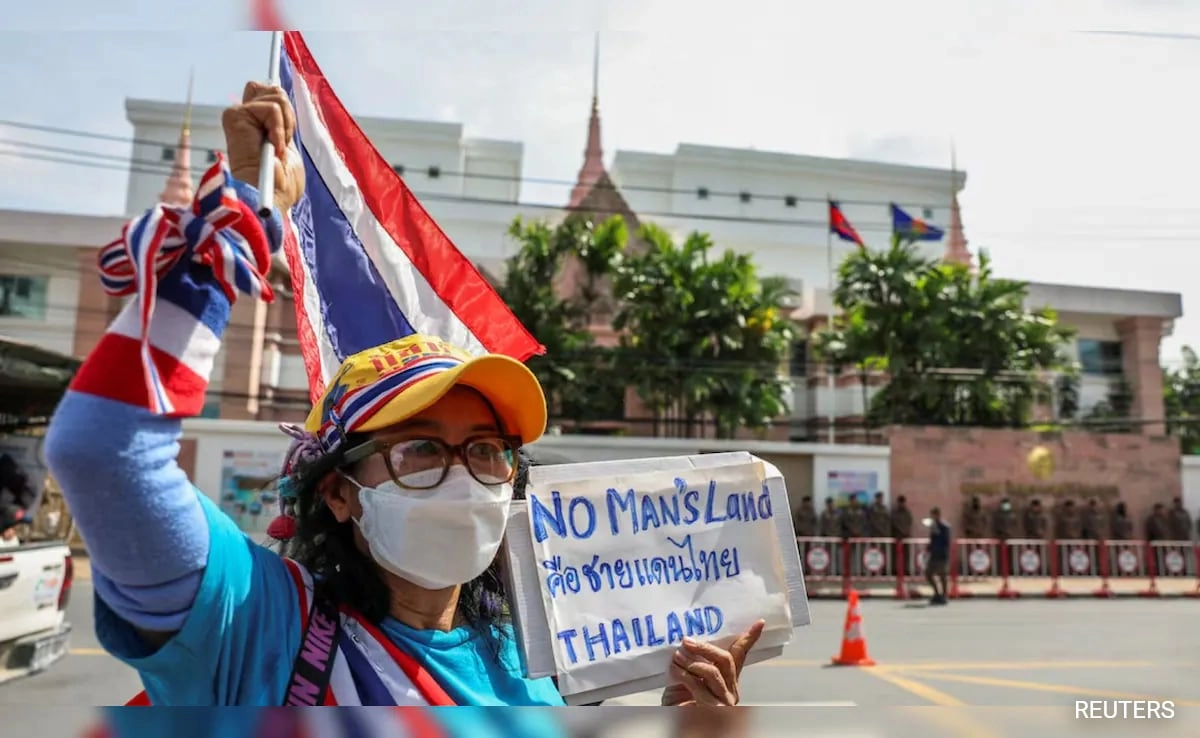In the heart of Bangkok, thousands of protesters have taken to the streets, united in their demand for the resignation of a prime minister who has been suspended from his duties by the court. This surge of discontent reflects a broader wave of political unrest that has swept through Thailand in recent years, with citizens increasingly voicing their frustrations over government corruption, economic hardship, and the perceived erosion of democratic principles. The atmosphere is charged, with demonstrators chanting slogans and waving banners calling for accountability and transparency from their leaders.
The suspended prime minister, embroiled in legal issues, has faced mounting pressure from opposition groups and civil society. Many protesters argue that his inability to govern effectively during this turbulent time only exacerbates the challenges facing the nation. Economic struggles, particularly in the wake of the global pandemic, have left many citizens grappling with unemployment and rising living costs. As the situation unfolds, the protesters are not just calling for the prime minister’s resignation; they are demanding a fundamental shift in the way the country is governed, advocating for reforms that prioritize the needs and rights of the populace.
The protest movement is marked by a diverse coalition of participants, including students, workers, and various civil society groups. Their collective voices echo a desire for a more inclusive and representative political system, one that genuinely reflects the will of the people. The ongoing demonstrations have drawn attention to issues such as judicial independence and the role of the military in politics—factors that many believe hinder the democratic process in Thailand. As tensions rise and the government responds with varying degrees of force and negotiation, the future of the political landscape remains uncertain.
In this charged environment, the protesters are not only seeking immediate change but also envisioning a long-term transformation of Thai society. Their demands resonate with a broader call for justice and equality, challenging entrenched power structures and advocating for a political culture that is responsive to the needs of all citizens. As the movement gains momentum, the stakes grow higher for both the demonstrators and the government, highlighting the ongoing struggle for democracy in Thailand. Whether their voices will lead to meaningful change or be met with further repression remains to be seen, but the resilience of the protesters indicates that they are prepared to continue their fight for a brighter future.




